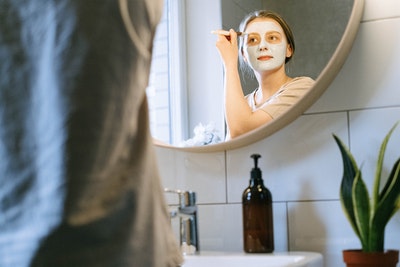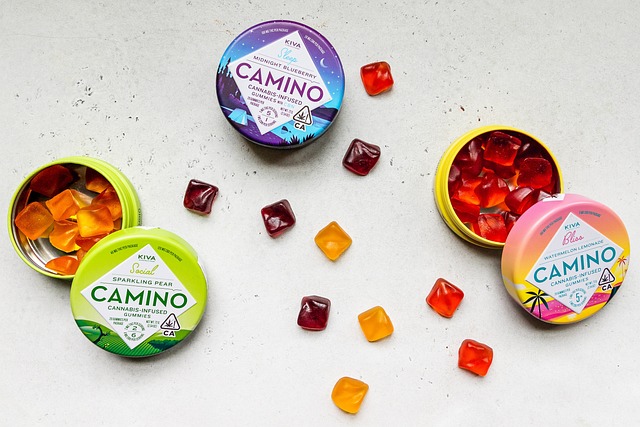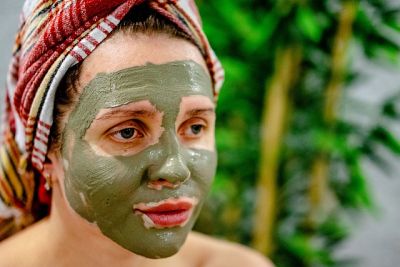Skincare: Why Pricier Doesn’t Always Mean Better

Skincare boomed when the 10-step Korean skincare routine went viral on social media. Since then, skincare brands have been coming up with their own line of serums, essences, and various kinds of cleansers. Sheet masks also became popular, as if moisturizers weren’t good enough.
For this reason, skincare became a lot more expensive. Before the typical routine is to wash your face every day and night, then apply moisturizer and sunscreen. Now, brands and influencers claim that you have to apply several layers of products before calling it good.
On top of that, they recommend “investing” ineffective products, a.k.a. expensive ones. And if you can afford to have regular facials, that would be a plus, too.
But does skincare really have to break the bank? Our daily essentials are already expensive as it is. If you also have to budget for pricey skincare, will you have any savings left?
The Truth About Expensive Skincare
Expensive skincare is often marketed as more worth it than affordable ones. Their consumers and the brands themselves claim that the products have special ingredients cheap products don’t have. They also state people with sensitive skins will love their products because they don’t contain allergens many cheap products use.
While certain ingredients indeed increase the price of a skincare product, they’re not the only factors at play. Marketing and packaging play a role, too. The more a brand spends on marketing, the higher the retail price of the products goes. Similarly, luxurious packaging influence the retail price.
Furthermore, expensive skincare brands may use“filler” ingredients to justify their pricing. The term has no exact definition since it varies from brand to brand, formula to formula. Essentially, a filler is an ingredient that has no real effect on the skin.
Water is an example of such. In skincare, water only creates texture, enhances the products’ penetration through the skin, or dissolves the ingredients. Simply put, water makes the product function, not make your skin better.
As for the ingredients that actually improve your skin, that depends on their concentration levels. The higher the concentration of the “good” ingredients, the pricier a skincare product becomes. But you can gain some benefits from this. Good ingredients usually mean no added fragrance that can cause allergic reactions to some. So if you have sensitive skin, and the expensive product could be a bang for your buck.
Potency: Expensive vs. Affordable Skincare
This is where affordable and expensive skincare shows little difference. A drugstore vitamin C body lotion can work just as well as its $100 counterpart. Since it has the same active ingredient, it will do what it needs to do on your skin, regardless of its brand and price tag. Likewise, other popular ingredients such as retinol, hyaluronic acid, and niacinamide will do their jobs no matter how much you bought them for.
Note that a so-called rare ingredient in an expensive product isn’t what’s doing the hard work. A certain botanical extract may have moisturizing properties, but in reality, it’s just the hyaluronic acid that hydrates your skin. The rare or special ingredient is just the product’s filler ingredient or selling point, not necessarily the secret to good skin.
Despite the pretense of inexpensive skincare, though, some of them are worth the price. Many high-end brands have proven themselves an icon in the skincare market. However, that doesn’t mean affordable products aren’t worth your attention.
If you can find a $10 alternative for a popular $100 product, go for the cheap one. The price tag doesn’t define potency. If you would take an inexpensive generic drug to treat a disease, then you shouldn’t fear applying an affordable lotion to your body.
Numerous Products aren’t That Essential in Skincare
The internet made skincare all about products. But if you want a long-term solution to your skin issues, products don’t provide those. It’s your habits that will.
For example, limiting your time under the sun is ten times more beneficial than exposing yourself to UV rays with sunscreen on. Drinking at least eight glasses of water can hydrate your skin better than any moisturizer. Products only enhance your lifestyle practices or make for up them. At the end of the day, it’s your overall health that defines what your skin will look like.
Treating yourself to an occasional high-end product or treatment is okay. But otherwise, destroy the perception that you need to splurge on skincare. Enough sleep, water, and nutrition are the best investments you’d make, coupled with a few essential products.
Bonus if you can support local brands and small businesses. Your patronage can influence more people to give affordable skincare the positive attention it deserves.





